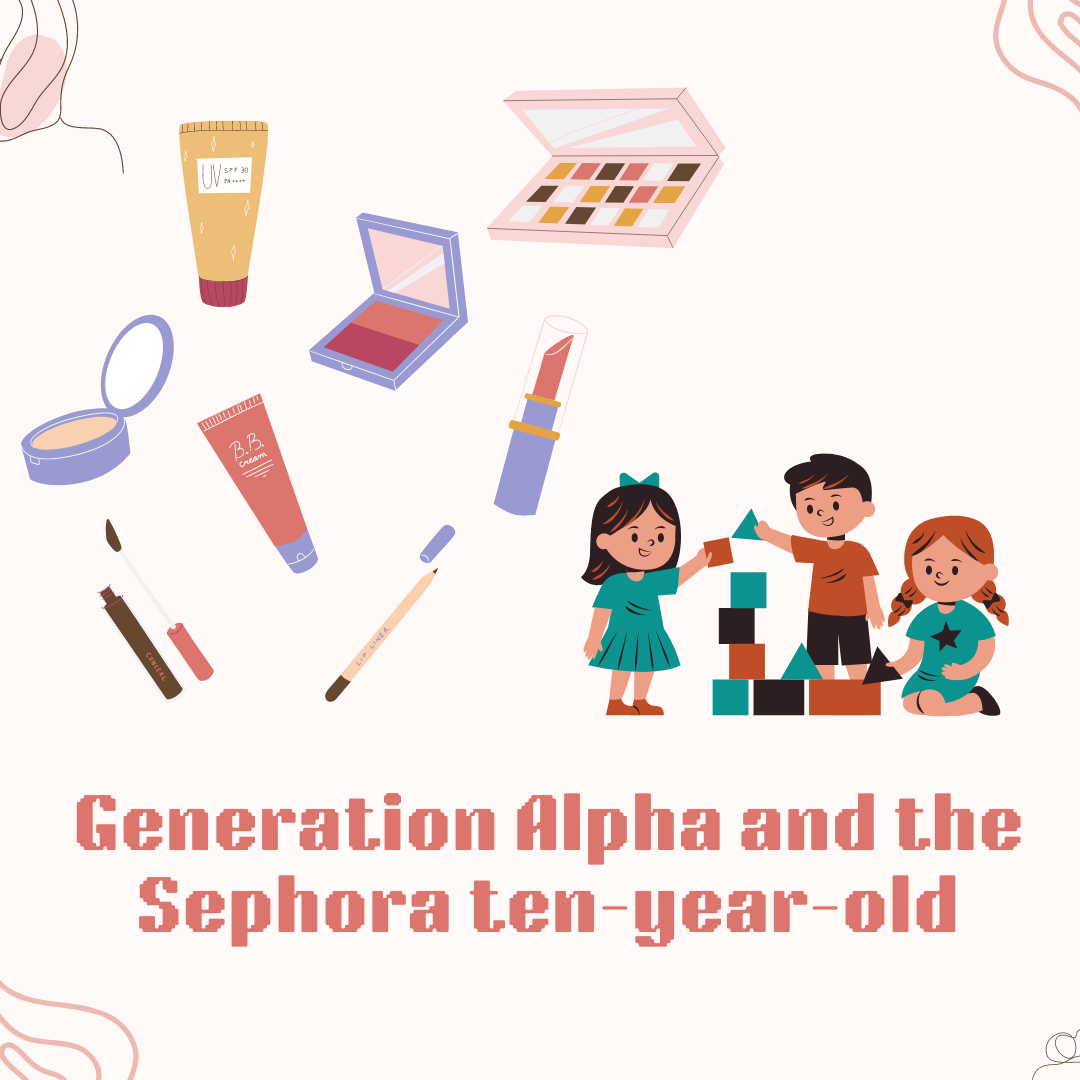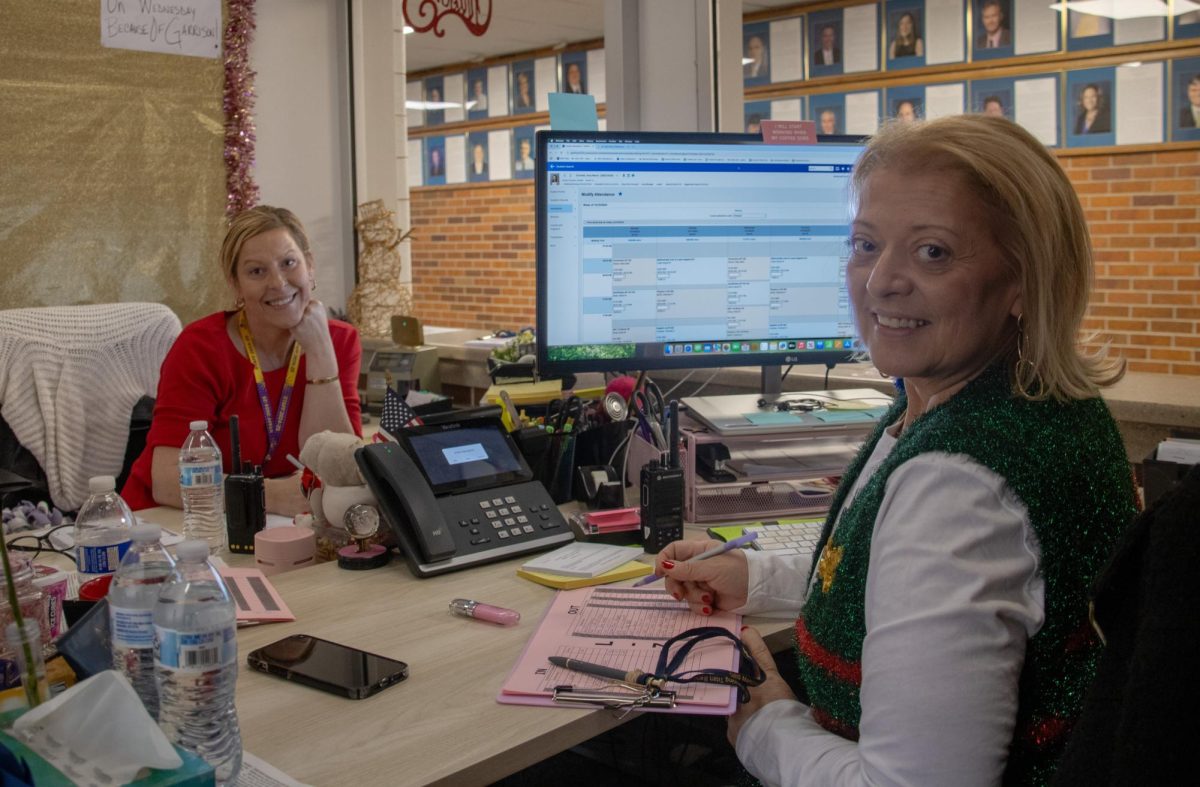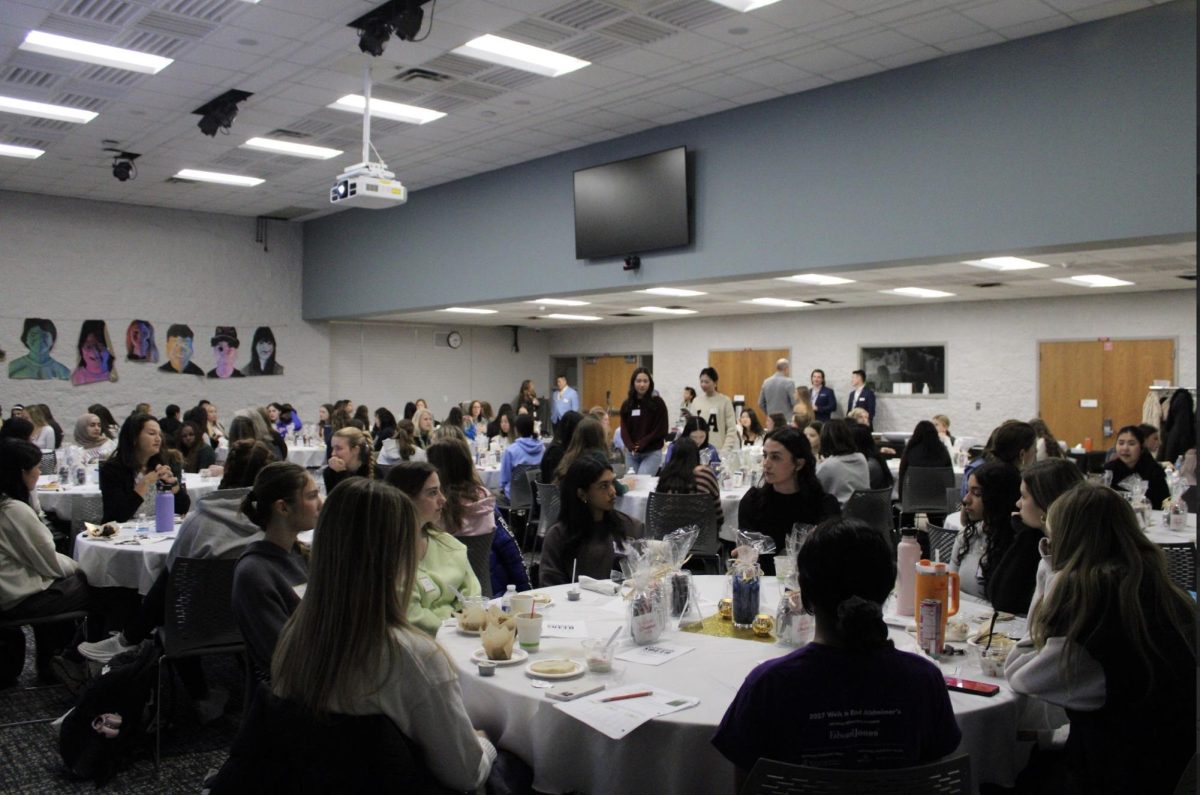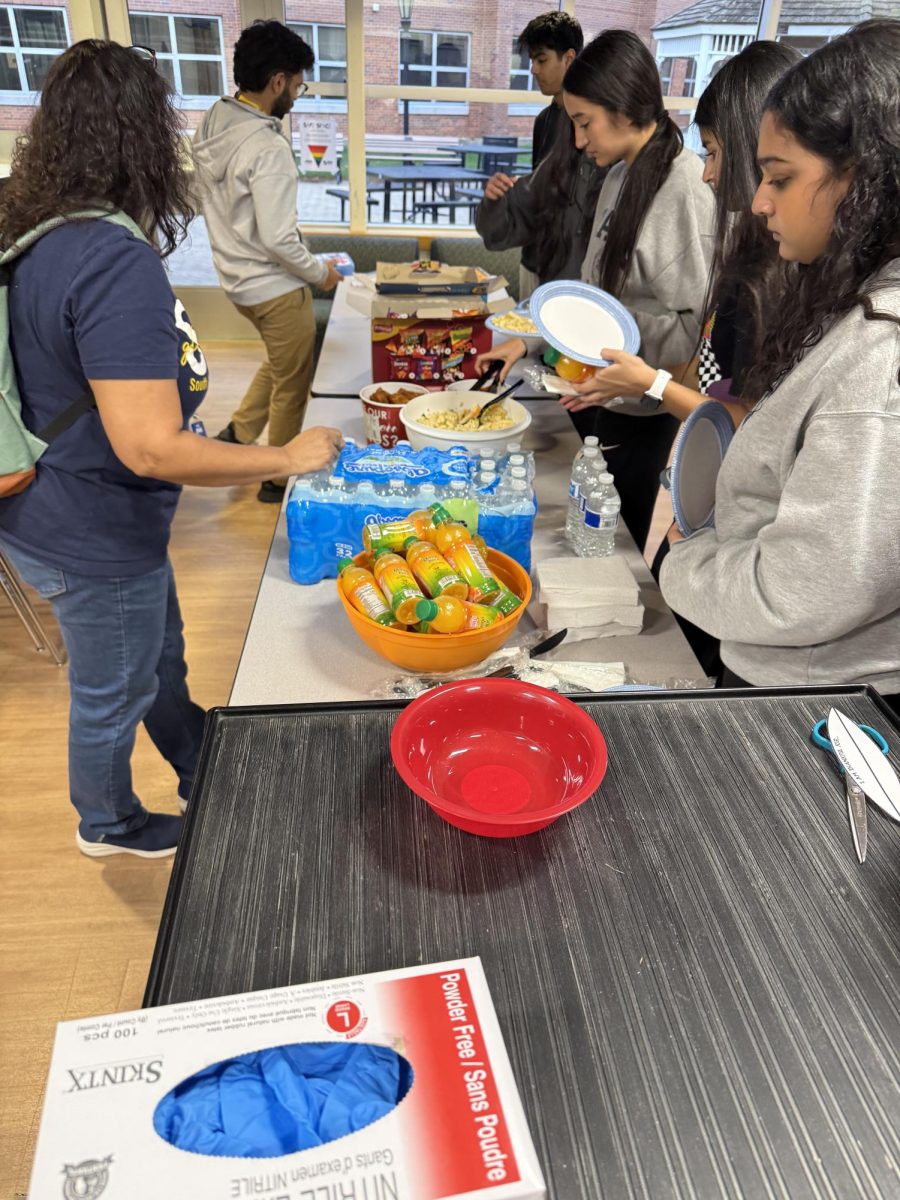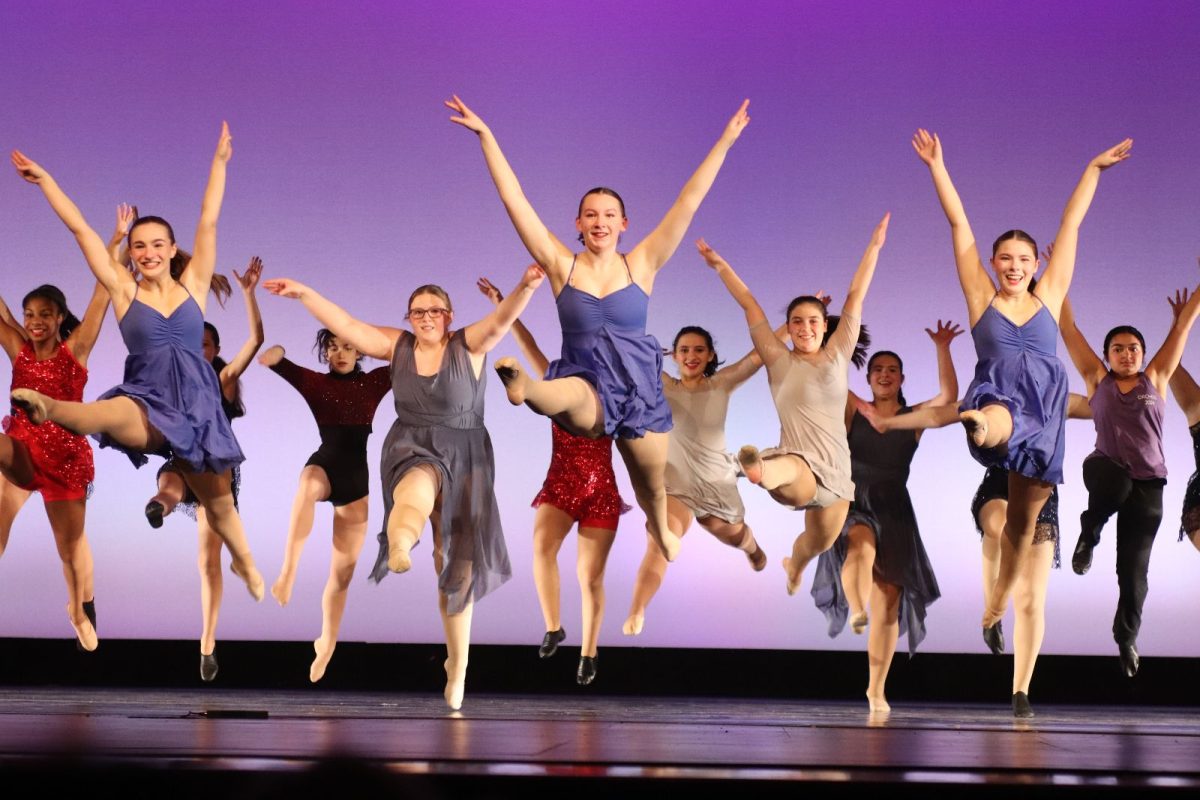Recently, a concept that has gone viral on social media is the idea of “Sephora 10-year-olds”. Referring to the popular cosmetics store Sephora, many older users have been posting and complaining about how often they see bratty, spoiled, and very young kids going on elaborate shopping sprees for products that they don’t need at their age. Not only are these kids buying alarmingly mature products, but they are decked out in the newest Lululemon crop tops and leggings.
In general, many adults and even teenagers have seen an overwhelming amount of young children buying expensive clothes and products that they wouldn’t have even dreamt of as kids.
With all of this in mind, I began to reflect on my early childhood. When I was 10, the only makeup I was familiar with was my mom’s lipstick and blush. I wasn’t allowed to go to the mall without parental supervision, which was fine with me because I was perfectly content with my parents buying my clothes for me. This wasn’t a unique experience either. Most of the kids in my grade had similar rules that they had to abide by.
The biggest difference between my younger years and the current Generation Alpha (kids born between 2010-2024) is the prevalence of social media in their daily life.
When I was in middle school, most children got a phone in 6th grade, and if they were allowed to have social media, they had Snapchat or Musically, which at the time were smaller platforms than they are today. Snapchat significantly grew from 186 million users to 800 million users just in the span of four years from 2018 to 2024, according to backlinko.com. Musically also evolved in 2018 from an app for posting lip-syncing videos into TikTok, the social media platform with an endless scroll of diverse videos, according to theverge.com
These powerful platforms are where young kids are being influenced now, and it’s showing.
According to Wallaroo Media, 60 percent of TikTok users range from ages 16 to 24 years old. Younger kids have always looked up to teenagers and young adults, but now, with TikTok, they have unlimited access to accounts showcasing almost every aspect of older users’ lives, most of which isn’t appropriate for them.
So naturally, when they see teens wearing revealing outfits and using skincare and expensive makeup, they strive to be just like them.
Adding to this issue, social media makes it difficult for parents to proctor what their child is viewing when there is a constant stream of unrated videos coming their kids’ way. Some apps attempted to install parental controls, but none have made a lasting impact or been strict enough. For example, according to TikTok’s website, the app has parental controls but only can filter keywords or restrict screen time. These “controls” are nowhere near good enough to make the app an appropriate platform for young children, and the algorithm has easily found its way around these parameters.
Not only have kids developed unnatural grown-up behaviors via social media, but they’ve also developed mental health issues. According to therapist.com, “Generation Alpha may face the mental health consequences of screen time addiction, online bullying, comparison, perfectionism, gossip, outrage media, and doom scrolling”.
All of this factors into children looking up to older users on social media. They look up to teens and adults with developed bodies and faces that are physically unattainable for younger kids. This can result in extreme insecurity that has the high potential to turn into a serious mental health issue.
With all of the negative impacts that social media is having on the younger generation, there is no reason why parents shouldn’t restrict their children’s access to technology and social media platforms. This will only be effective if we as a society de-normalize children getting phones and social media, and let them focus on the treasure that is their childhood.
Even as a 15-year-old who still has three years until I’m an adult, I miss the simplicity of childhood and hope that Generation Alpha will learn to value their younger years till it’s too late.



